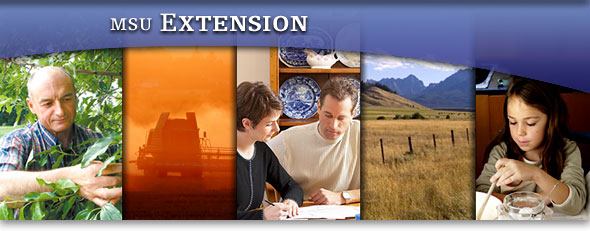Friday, February 24, 2012
Is Winter Wheat really that bad off?
Here is some information that I found on another blog from a researcher in Wisconsin in regards to their winter wheat crop. Although conditions may be slightly different here, I would say that we are in a fairly similar situation as they are.
Here is what Shawn Conley at the University of Wisconsin had to say in regards to the winter wheat question:
"Warm weather coupled with lack of snow cover have prompted many questions regarding the relative winter-hardiness of Wisconsin's winter wheat crop. Though daytime temperatures have risen into the 40's continued night time temperatures below freezing have prompted wheat plants to maintain a winter-hardy state. Relatively speaking the WI winter wheat crop is at more risk to winter kill if we get a sudden and prolonged severe cold snap than in "normal" years however following my inspection of the Chilton variety trial site on 2/17/12 my overall concern is very low."
I hope to get out and do some scouting next week and hopefully I will find the same thing. In the meantime, if you have seen some winter kill damage to your winter wheat crop I would like to hear about it.
Friday, February 17, 2012
Mon Dak Barley Gorwers Meeting-Feb. 23
Registration will begin at 9:30 and the program will start at 10:00. Topics that will be covered include an insurance update, factors affecting barley malting quality, a producer panel, a variety update, information about the spot form of net blotch (a relatively new disease to producers in our area, and an update on pesticides.
To register and for more information, please contact the Richland County Extension Office.
Friday, February 10, 2012
Pulse Day to be held in Wolf Point, Feb. 15
Montana State University Extension and North Dakota State University are collaborating to present MonDak Pulse Day on February 15, 2012 at the Elks Club in Wolf Point, Montana. More than twelve years ago, Extension personnel in both Montana and North Dakota saw a need to address agronomic questions related to the rising amount of pulse production (peas, chickpeas and lentils) being done in Western North Dakota and Eastern Montana. Today this area, known affectionately as the MonDak area, produces 88% of the peas, 86% of lentils and 18% of chickpeas grown in the United States. Agents from both states met and discussed the feasibility of holding a seminar around pulse production. The annual MonDak Pulse Day is the result of that shared effort. The workshop strives to bring together producers, researchers and industry in an atmosphere of collaboration and commonality. Montana is proud to be hosting the twelfth occurrence of this highly successful program. Registration begins at 8:30 am (MDT) and there is a $20 fee. Lunch, sponsored by Northern Pulse Growers and educational materials are included in the fee. Three private applicator credits and five commercial and governmental credits in the Dealer, Demonstration & Research, Ag Plant Pest, Right of Way, Regulatory Weed and Aerial categories, are being offered for attending the program.
The meeting kicks off with our top three challenges in pulse production. Brian Jenks, Weed Scientist for NDSU North Central Research Extension Center (NCREC) will start off the program with a discussion of pulse production’s number one challenge- weed management. After our long snowy winter and excessively wet spring and early summer our number two challenge - disease issues and management will be presented by Michael Wunsch, Plant Pathologist for NDSU at the Carrington Research Center. The third challenge pest problems will be presented by Dr. Daniel Waldstein, NDSU Area Extension Crop Protection Specialist.
We shift gears right before lunch and learn how pulse production improves wheat yields, soil health and a producer’s bottom line. Dr. Perry Miller, MSU Professor; Land Resources and Environmental Sciences will discuss the long term value of pulses in rotation with wheat. Soil biology and the importance of soil quality will be presented by Dr. Catherine Zabinski, MSU Associate Professor; Land Resources and Environmental Sciences. Dr. Brian Jenks steps up to the podium again and offers a discussion of desiccation research and restrictions.
Shannon Berndt, Executive Director or Kaye Effertz, Marketing Director of Northern Pulse Growers Association will provide an industry update and Leta Campbell will be speaking live from India via Skype where she will be attending the India Pulse Conclave. Leta will talk about Pulse Check-Off dollars and how they help to breathe life into the pulse industry – from farm to table.
Please join us for this valuable day of learning, connecting and networking. For more information please contact Ann Ronning, MSU Roosevelt County Extension Ag Agent: aronning@montana.edu 406-787-5312; Keith Brown, NDSU Extension Agent in Divide County: Keith.Brown@ndsu.edu 701-965-6501; or Shelley Mills, MSU Valley County Ag Agent: smills@montana.edu 406-228-6241.

